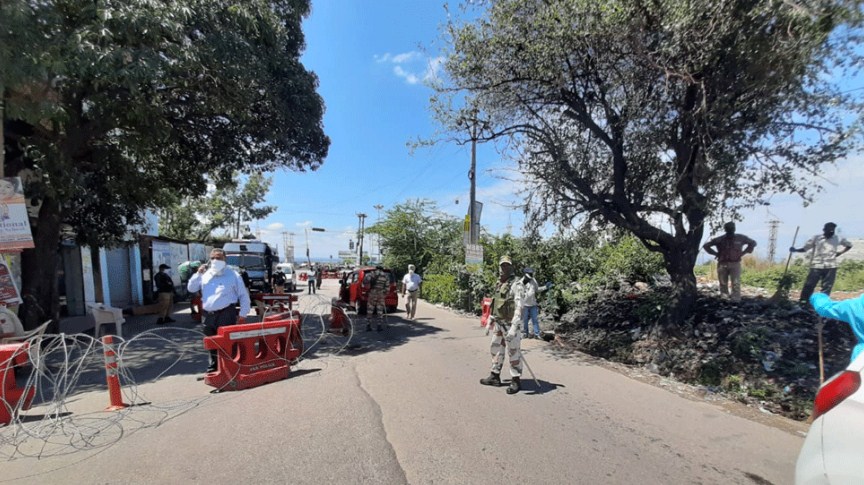After the disclosure of the links between Rohingya Muslimsand Tablighi Jamaat, the Jammu and Kashmir administration has tightenedsecurity arrangement security in the areas in the region where Rohingyas live.
Bhatindi and Sunjwan areas in Jammu, with a population ofalmost 1 lakh each, have been declared as hotspots. Authorities have sealed theareas, enforcing a prohibition on any sort of movement by the people. The JammuPolice is also using drones in several districts for surveillance in order tokeep a check on movement of people amid the nationwide lockdown. A few daysago, the administration had arrested at least 10 Rohingya Muslims from a mosquein this area and had sent them to quarantine centre.
Among these, the police said that two of them were fromHyderabad and were hiding in the Bhatindi area of Jammu after changing theirhideout. Later, police arrested 22 people of Jamaat from the Firdosabad mosquein Bathinda, in which nine were found to be coronavirus positive.
As per intelligence reports, Rohingyas residing in camps indifferent parts of the country, including Hyderabad had attended the TablighiJamaat 'Ijtema' at Mewat in Haryana and then took part at a religiouscongregation at the Markaz at Nizamuddin in New Delhi. After attending theJamaat event, some of Rohingya Muslims went back to Jammu instead ofsurrendering themselves to the police.
There are around 40,000 Rohingyas living in different partsof the country and only 17,000 have registered as refugees with the UNHCR. Thegovernment has repeatedly insisted that the Rohingya are illegal immigrants,even those registered with the UN refugee agency, and would be deported.
On April 18, the Union Ministry of Home Affairs (MHA) hasasked all states and UTs to screen Rohingya Muslims living in theirjurisdiction for coronavirus COVID-19 as many of them had attended the TablighiJamaat congregation in Delhi's Nizamuddin area.
Leave a comment
Your email address will not be published. Required fields are marked *


